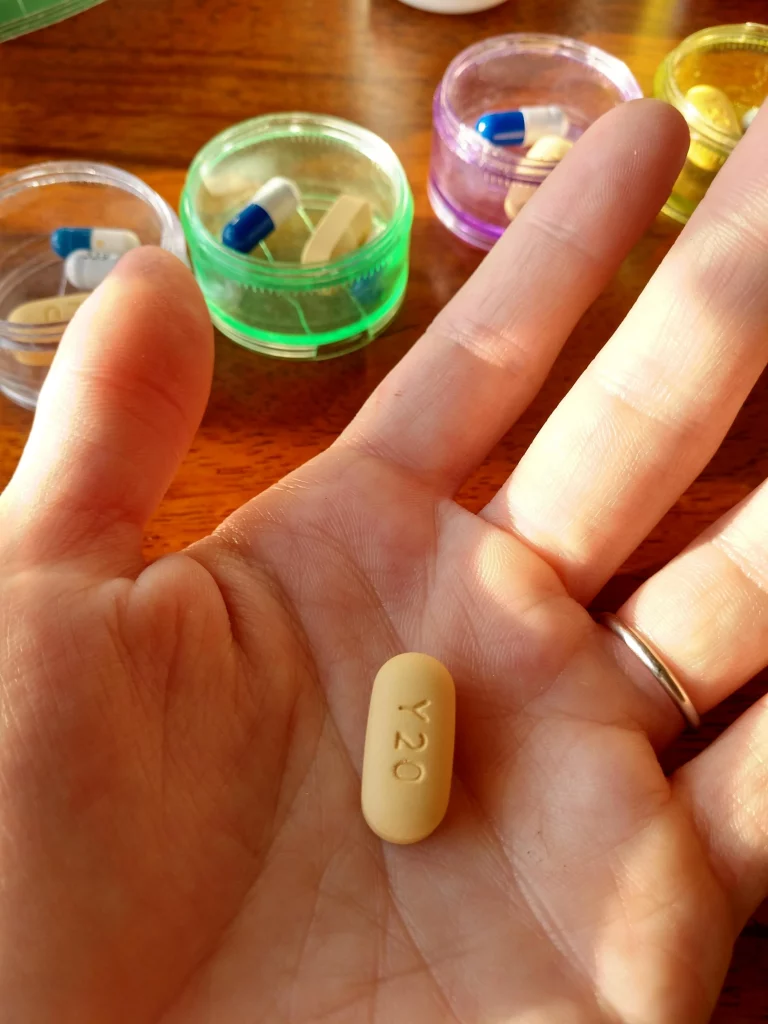Does Quetiapine Cause QT Prolongation?

Long QT syndrome (LQTS) is a condition in which repolarization of the heart after a heartbeat is affected. It results in an increased risk of an irregular heartbeat which can result in fainting, drowning, seizures, or sudden death. Some people are born with a genetic mutation that causes long QT syndrome (congenital long QT syndrome). Long QT syndrome may also be caused by certain medications, mineral imbalances, or medical conditions (acquired long QT syndrome).
Many commonly used drugs can prolong the QT interval, especially if used in combination with other substances which affect their metabolism. Prolongation of the QT interval can cause life-threatening polymorphic ventricular tachycardia also known as torsade de pointes. Women and certain susceptible people are more prone to prolongation of the QT interval. This predisposition could be congenital or due to conditions such as hypokalaemia, hypomagnesaemia, renal failure or cardiac failure. Susceptible patients need an electrocardiogram before and after starting drugs that can prolong the QT interval. If a drug prolongs the QT interval beyond normal limits, the benefits of continuing the drug should be weighed against the relatively rare risk of potentially life-threatening arrhythmias.
What is Quetiapine?
Quetiapine more commonly known by the brand name Seroquel belongs to a class of medications called atypical antipsychotics. It works by changing the activity of certain natural substances in the brain. Quetiapine is used to treat the symptoms of schizophrenia (a mental illness that causes disturbed or unusual thinking, loss of interest in life, and strong or inappropriate emotions). Quetiapine tablets and extended-release tablets are also used alone or with other medications to treat episodes of mania (frenzied, abnormally excited or irritated mood) or depression in patients with bipolar disorder (manic depressive disorder; a disease that causes episodes of depression, episodes of mania, and other abnormal moods).
In addition, Quetiapine tablets are used with other medications to prevent episodes of mania or depression in patients with bipolar disorder. Extended-release tablets are also used along with other medications to treat depression. Quetiapine tablets may be used as part of a treatment program to treat bipolar disorder and schizophrenia in children and teenagers.

Can Quetiapine Cause QT prolongation?
Yes, studies have shown that quetiapine causes QT prolongation. However, quetiapine-induced QT prolongation is relatively more common among patients receiving concomitant medications known to prolong the QT interval than critically ill patients utilizing quetiapine.
In addition, patients taking quetiapine should avoid grapefruit juice because it provides a “perfect storm” for toxicity due to its high absorption and extensive first-pass metabolism. Women are more susceptible than men to quetiapine-induced QT prolongation. Renal failure, cardiac failure, and hepatic failure are also risk factors.
What are the other side effects of quetiapine?
The more common side effects of the immediate-release tablets can include:
• dry mouth
• dizziness
• pain in your stomach area
• constipation
• nausea
• vomiting
• weight gain
• increased appetite
• sore throat
• trouble moving
• rapid heartbeat
• weakness
The more common side effects of the extended-release tablets can include:
• dry mouth
• constipation
• dizziness
• increased appetite
• upset stomach
• tiredness
• stuffy nose
• trouble moving
If these effects are mild, they may go away within a few days or a couple of weeks. If they’re more severe or don’t go away, talk to your doctor or pharmacist.
Serious side effects
Call your doctor right away if you have serious side effects. Call 911 if your symptoms feel life-threatening or if you think you’re having a medical emergency. Serious side effects and their symptoms can include the following:
• Suicidal thoughts or actions
• Neuroleptic malignant syndrome. Symptoms can include:
o high fever
o excessive sweating
o rigid muscles
o confusion
o changes in your breathing, heartbeat, and blood pressure
• Hyperglycemia (high blood sugar). Symptoms can include:
o extreme thirst
o frequent urination
o severe hunger
o weakness or tiredness
o upset stomach
o confusion
o fruity-smelling breath
• Increased cholesterol and triglycerides (high fat levels in your blood)
• Weight gain
• Tardive dyskinesia. Symptoms can include:
o movements you can’t control in your face, tongue, or other body parts
• Orthostatic hypotension (decreased blood pressure when rising too quickly after sitting or lying down). Symptoms can include:
o lightheadedness
o fainting
o dizziness
• Increases in blood pressure in children and teenagers
• Low white blood cell count. Symptoms can include:
o fever
o infection
• Cataracts. Symptoms can include:
o clouding of the lens of your eye
o blurry vision
o loss of vision
• Seizures
• Abnormal thyroid levels (shown in tests your doctor can do)
• Increases in blood prolactin levels. Symptoms can include:
o breast enlargement (in men and women)
o milky discharge from nipple of the breast (in women)
o erectile dysfunction
o absence of menstrual period
• Increased body temperature
• Trouble swallowing
• Risk of death from stroke in seniors with dementia
As stated above quetiapine, may cause cataracts. You will need to have eye exams to check for cataracts at the beginning of your treatment and every six months during your treatment. Talk to your doctor about the risks of taking quetiapine.
If you experience a serious side effect, you or your doctor may send a report to the Food and Drug Administration’s (FDA) MedWatch Adverse Event Reporting program online (http://www.fda.gov/Safety/MedWatch) or by phone (1-800-332-1088).





